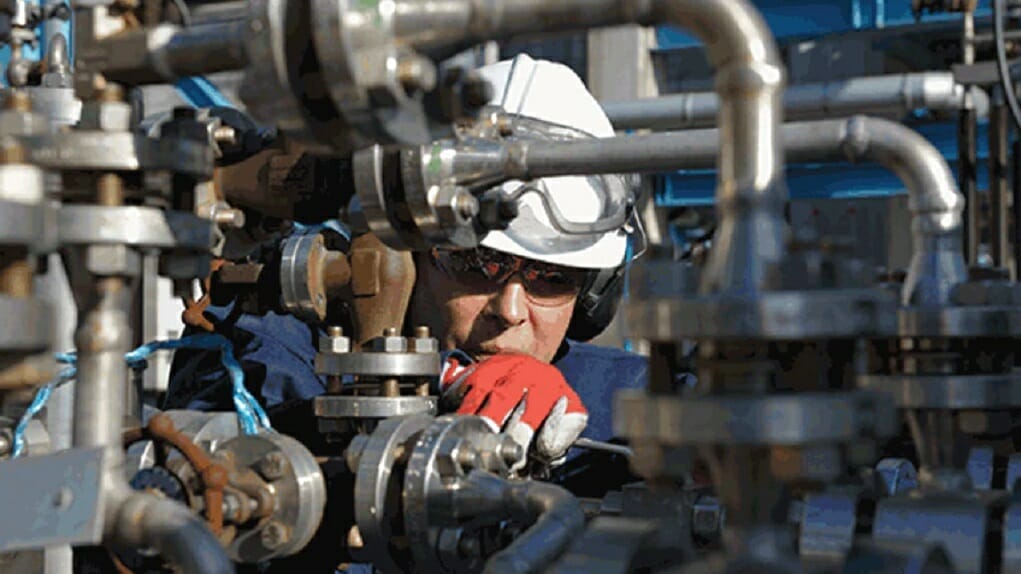Military Engineer, what is the career path, and should you take it?
When we think of a military career, we think of army soldiers, marine privates, and airforce pilots. But the military has many behind-the-scenes jobs in administration, medical, and engineering. Engineers play an important role in the military. In fact, without engineers, the military won’t have specialized vehicles, aircraft, or weapons for combat. If you’re interested in a career in the military or in engineering, why not combine both?
What Does a Military Engineer Do?
Engineering has always been a part of warfare, since the Medieval days of constructing cannons and building forts, moats, walls, and siege towers. Today, military engineering is more sophisticated and involves anything from designing a stealth jet to genetically-engineered biological weapons.
Depending on the job, you may work in or out of combat zones. Some engineers are needed in war zones to repair vehicles and equipment, build field fortifications, or analyze the surrounding areas and structures to plot the best way forward. Others never home base.
Types of Military Engineering Jobs
The military needs the same types of engineering skills as in the civilian world. Mechanical, civil, chemical, computer, electrical, and even environmental engineering all have their place in the military.

You can expect to earn a good salary as a military engineer. The average salary for a U.S. Army Engineer Officer is $86,311. More specialized fields of military engineering are paid higher salaries. These include:
- Aerospace engineers are one of the highest-earning military engineer’s jobs, commanding as much as $119,000 a year. Aerospace engineers design aircraft, spacecraft, satellites, and missiles.
- Nuclear engineers research and apply nuclear technology to weapons systems and use nuclear energy to power submarines, ships, and spacecraft.
- Geospatial engineers analyze geographical data from satellite images and aerial photography to help commanders visualize the battlefield and determine safe areas to advance troops.
- Petroleum engineers. Keeping the mammoth fleet of military machinery rolling requires fuel. Petroleum engineers find the best techniques to extract oil from the earth. It’s a highly lucrative engineering path for veteran service members.
- Naval architects design and build naval ships, watercraft, submarines, amphibious crafts, and aircraft carriers.
- Watercraft engineers are essentially mechanics who maintain and repair army watercraft engines, propulsion and auxiliary equipment on marine vessels.
How To Become a Military Engineer
To become a military engineer, you need a four-year bachelor’s degree in one of the engineering disciplines. In the United States, all military engineers must be U.S. citizens and be at least 18 years old.
If you have completed an engineering degree, you can join the military as an army engineer officer. In addition to your degree, you will also need to take an officer leadership course.
Another way to start a career in military engineering is to enlist. You won’t need a degree but you will have to take the Armed Services Vocational Aptitude Battery test. Enlisted personnel are expected to pass the same rigorous physical tests as every other enlistee. You’ll then receive on-the-job training in your branch of engineering. If you opt to enlist, remember that your starting salary will be that of the average military personnel.
Engineers can join the U.S. Army Corps of Engineers, the largest engineering, design, and construction management agency in the world. They provide public and military engineering services, in peace and war, both in the U.S. and internationally.
Military engineers don’t only work in the armed forces. Those in civilian jobs may be involved in building structures like dams or bridges, or in projects that protect homeland security.
The Benefits of Being In The Military
Many who join the military are attracted to the great benefits it provides. These include:
- Affordable education. The military encourages further education and offers financial assistance. You may be able to obtain a bachelor’s degree in engineering or advance to a master’s or doctorate degree through one of the military’s financial aid programs.
- Special pay. You will be entitled to additional pay depending on your job specialty, whether you work in hazardous situations, or for specific tasks performed.
- Access to military discounts. Both active-duty personnel and veterans enjoy plenty of special rates, from discounts on restaurant meals to saving up to 12% on car insurance.
- Housing is provided to service members and their families on army bases. Veterans qualify for lower home loans from the Department of Veteran Affairs.
- Health and dental care are available to service members and their dependents.
- Thirty days paid vacation leave plus 10 paid federal holidays.
Many military engineers choose to remain in the military until they retire. If, however, you decide to swap your military boots for a corporate job, there are companies keen to hire veteran engineers. These companies know that someone with a military background brings not only engineering skills but also leadership skills, self-discipline, and a strong work ethic.























